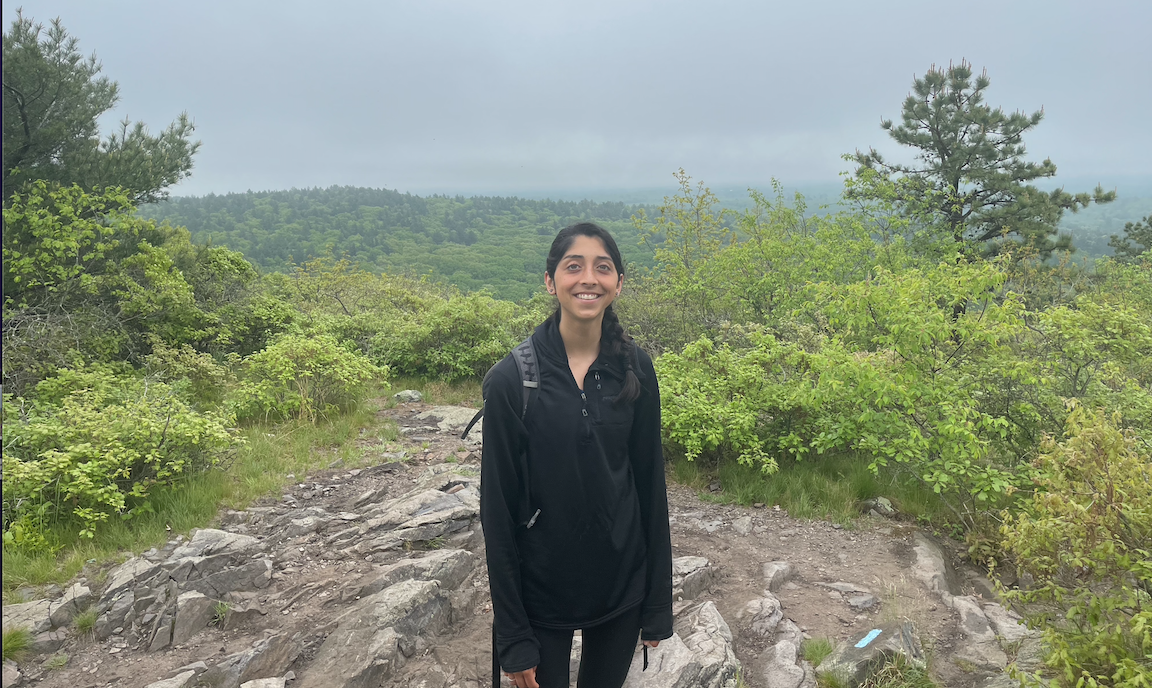My name is Kayla Patel, and I am the 2022 Mollie Beattie Intern at Vermont Natural Resources Council. I am grateful and humbled to serve in this summer internship that honors Mollie Beattie, the first woman to lead the US Fish and Wildlife Service and a strong proponent of the effort to bring gray wolves back in Yellowstone National Park. After being selected for this internship, I read accounts of Mollie Beattie’s relentless commitment to work with people from wide-ranging backgrounds to protect wildlife in the face of growing development, extraction, and pollution in a way that also respected and valued people’s desire to flourish in cities, towns, and rural communities across the country.
I share Mollie’s belief that built and natural environments can thrive and adapt without harming each other, and her love for all things outdoors. Before coming to VNRC, I studied ecology at UCLA where I was lucky enough to participate in a semester-long field study program that confirmed my interest in an environmental career. Working as an outdoor educator and coordinating a tree planting urban conservation program as an AmeriCorps member in Bridgeport, Connecticut then sparked my interest in how environmental and social justice issues interact and overlap in cities. I had the opportunity to explore these issues and many more at Tufts University, where I graduated with a master’s degree in Urban and Environmental Policy and Planning this past May.
This summer, I am looking forward to applying policy research and geographic information systems (GIS) skills to contribute towards projects related to land use planning, sustainable community development, and forest and wildlife conservation in Vermont. I will primarily focus on analyzing development projects related to the criterion 9(L) of Act 250, a criteria that was added to the state’s environmental review and permitting process to promote efficient, compact settlement patterns that avoid cutting into natural and working lands. I will explore questions about how the criterion has affected projects in recent years to assess its impact and inform future improvements.
I will also be helping with a pilot project that will investigate where parcelization is occurring in Addison County. By aggregating Vermont Property Transfer Tax data and land use classification data in the county, the purpose of this project will be to highlight trends and identify hotspots where parcelization may contribute to the degradation of forest blocks. While the Vermont Parcelization Website already contains many useful analyses related to these questions, this project will aim to contribute to a more timely, updated source of data for planners and policymakers to use. At a time of growing affordable housing and climate crises, I hope that these projects can support equitable and environmentally responsible decision making for communities and ecosystems across the state.
Although the summer has only just started, I have already learned a great deal from the staff and partners of VNRC. Motivated by their clear passion for the work and the legacy of Mollie Beattie, I look forward to contributing towards these initiatives in the coming months and hopefully exploring the unique and beautiful state of Vermont as well.
—Kayla Patel




